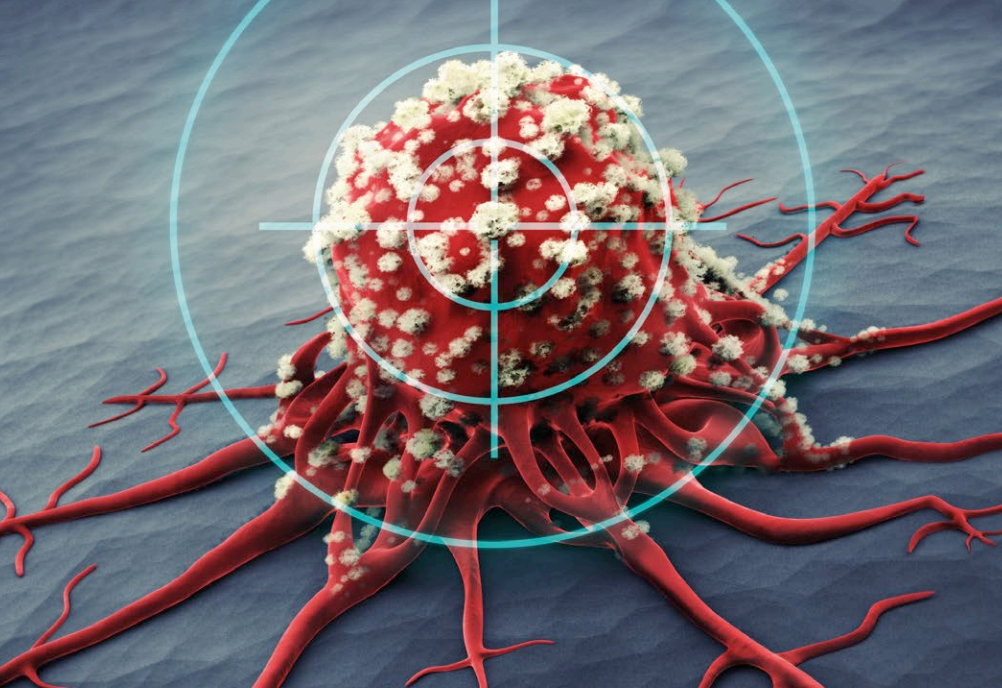Share this Page:
A recent study presented at the American Urology Association (AUA) Annual Meeting in Boston last month, described a new molecular (genetic) scoring method that could be used to predict survival in people with metastatic kidney cancer. There has been rapid adoption by researchers of using sets of genes, proteins, genetic variants or other variables (molecular signatures) as markers to classify clinical outcomes. Current methods used for predicting survival are based on the clinical/pathological features of the patientwith metastatic kidney cancer, and are not reliable. In this study from the Mayo Clinic, Rochester, USA, the gene expression profile of metastatic RCC from 111 patients (who had not previously taken kidney cancer drugs) was examined, and a scoring system for characterising the clinical progression of the disease was described. This novel gene risk predictor outperformed the Mayo clinic predictor model based on 9 clinical/pathologic features.
Before it is used routinely in the clinic, this gene risk predictor needs to be validated in larger groups of patients. In addition, the gene that was identified to distinguish aggressive disease from indolent disease may lead to better understanding of the progression of renal cell carcinoma (RCC).












